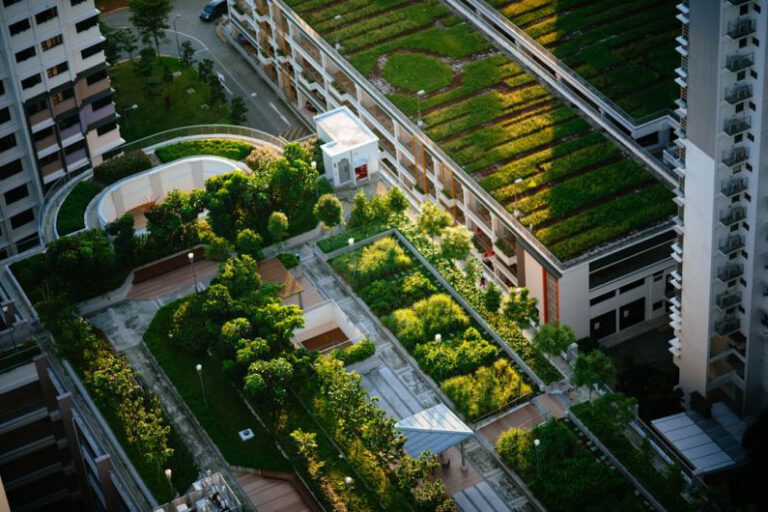Can Energy-efficient Appliances Save You Money?
Energy-efficient Appliances Can Be a Game Changer for Your Wallet
Many homeowners are constantly seeking ways to cut down on their energy bills while also reducing their carbon footprint. One effective way to achieve both of these goals is by investing in energy-efficient appliances. These appliances are specifically designed to consume less energy while still providing the same level of performance as their traditional counterparts. But can energy-efficient appliances really save you money in the long run? Let’s delve into the details to understand how these modern appliances can be a game-changer for your wallet.
Understanding Energy Efficiency Ratings
Before we dive into the financial benefits of energy-efficient appliances, it’s essential to understand how energy efficiency is measured. Appliances are typically labeled with an Energy Star rating, which indicates their energy efficiency level. The higher the rating, the more energy-efficient the appliance is, meaning it will consume less electricity to operate. When shopping for new appliances, look for products with high Energy Star ratings to maximize your energy savings over time.
Reduced Energy Consumption Means Lower Utility Bills
One of the most significant advantages of energy-efficient appliances is their ability to reduce your home’s overall energy consumption. Traditional appliances tend to be energy hogs, consuming more electricity than necessary to perform their functions. On the other hand, energy-efficient appliances are designed to operate more efficiently, using less energy to accomplish the same tasks. By making the switch to energy-efficient models, you can significantly lower your monthly utility bills, saving you money in the long run.
Long-Term Cost Savings Outweigh Initial Investment
While energy-efficient appliances may come with a higher price tag upfront compared to their less-efficient counterparts, the long-term cost savings they offer can outweigh the initial investment. Over time, the amount of money you’ll save on your energy bills by using energy-efficient appliances can more than make up for the higher purchase price. Additionally, many energy-efficient appliances come with rebates or incentives from utility companies or government programs, further reducing the upfront cost and increasing your overall savings.
Extended Lifespan Reduces Replacement Costs
Another financial benefit of energy-efficient appliances is their extended lifespan compared to traditional models. Because these appliances are designed to operate more efficiently, they experience less wear and tear over time, resulting in fewer breakdowns and repairs. This means you’ll likely need to replace your energy-efficient appliances less frequently, saving you money on replacement costs in the long run. Additionally, many energy-efficient appliances come with longer warranties, providing you with added peace of mind and protection against unexpected repair expenses.
Environmental Benefits Add Value to Your Investment
In addition to the financial savings, investing in energy-efficient appliances also has a positive impact on the environment. By reducing your home’s energy consumption, you’ll be decreasing your carbon footprint and helping to conserve natural resources. This environmental benefit adds value to your investment in energy-efficient appliances, allowing you to feel good about the positive impact you’re making on the planet while also saving money.
Maximizing Your Savings with Energy-Efficient Practices
While investing in energy-efficient appliances is a great way to save money on your energy bills, there are additional steps you can take to maximize your savings. Simple practices such as using appliances during off-peak hours, unplugging devices when not in use, and maintaining your appliances regularly can further reduce your energy consumption and increase your overall savings. By combining these energy-efficient practices with the use of energy-efficient appliances, you can optimize your energy savings and enjoy a more sustainable lifestyle.
Making the Switch to Energy-Efficient Appliances
In conclusion, energy-efficient appliances have the potential to save you money in the long run by reducing your energy consumption, lowering your utility bills, and extending the lifespan of your appliances. While the initial investment may be higher, the cost savings and environmental benefits make energy-efficient appliances a worthwhile investment for any homeowner looking to save money and live more sustainably. By making the switch to energy-efficient appliances and adopting energy-saving practices, you can enjoy a more efficient home while putting more money back in your pocket.






